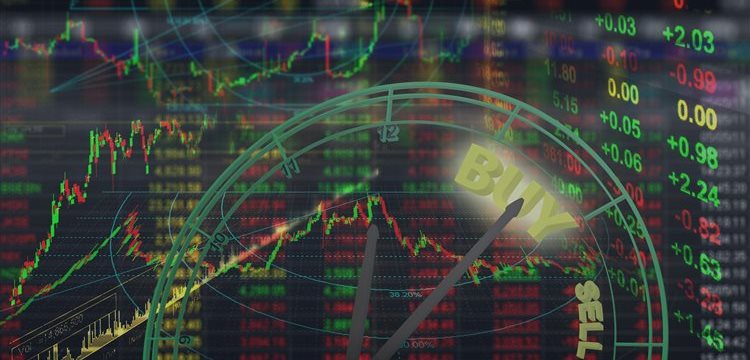
Global stocks higher on Tuesday after Wall Street decline and Hong Kong protests
On Tuesday, global stocks were generally higher, after Wall Street declined and pro-democracy protests in a major financial center Hong Kong contributed to political risk worries. "U.S. stocks fell overnight against a geopolitical backdrop that was worsened by the ongoing protests in Hong Kong and the highest casualty count in Ukraine since a ceasefire was agreed upon," said Desmond Chua of CMC Markets in a report.
As
futures for the Dow Jones industrial average and Standard & Poor's
500 both rose up 0.1 percent in pre-market trading, Wall Street looked poised to recover some of Monday's losses.
France's CAC-40 rose 0.5 percent to 9,380.11 and Germany's Dax gained 0.1 percent to 9,432.38.
Hong Kong Protests: Thousands of people have blocked streets in the territory's business district to protest government plans to require candidates in the territory's first election for its leader to be approved by a panel dominated by business leaders who support the communist mainland government. Some banks and schools closed temporarily and some public transit was suspended but analysts say they see no large-scale impact yet on the territory's economy.
Asia: Hong Kong's Hang Seng Index tumbled 1.3 percent to 22,932.98 points after protesters blocked streets in the business district. Tokyo's Nikkei 225 fell 1.5 percent but rebounded to end the day down 0.8 percent at 16,173.52. China's Shanghai Composite Index rose 0.3 percent to 2,363.87 despite a report that September manufacturing growth stayed at August's low level. India's Sensex rose 0.8 percent to 26,799.93. Sydney and Bangkok also rose while Singapore and Jakarta declined.
Chinese manufacturing: HSBC Corp. said a monthly survey showed manufacturing grew in September but was unchanged from August's slow rate. The bank's China economist, Hongbin Qu, said that showed the economy faces downside risks and requires more accommodative monetary and fiscal policy.
Japan: Government data showed Japan's industrial output fell by 1.5 percent in August, much weaker than the modest increase expected by forecasters. Wage growth slowed to 1.4 percent over a year earlier from the previous month's 2.4 percent. Analyst Marcel Thieliant of Capital Economics said the labor market is likely to weaken further and earnings growth could settle at about 1 percent.
Ukraine disorders: Ukraine suffered its deadliest violence in more than a week as fighting in the east between pro-Russian rebels and government troops killed at least 12 people and wounded 32. That came despite a Sept. 5 cease-fire agreement and assurances by Ukrainian President Petro Poroshenko last week that "the most dangerous part of the war" is over.
Energy: Benchmark U.S. crude added 17 cents to $94.74. The contract lost 3 cents on Monday to close at $94.57. Brent crude, used to price international oils, rose 17 cents to $97.37.
Currency: The US dollar declined to 109.31 yen from Monday's 109.40 while the euro was steady at $1.269.


